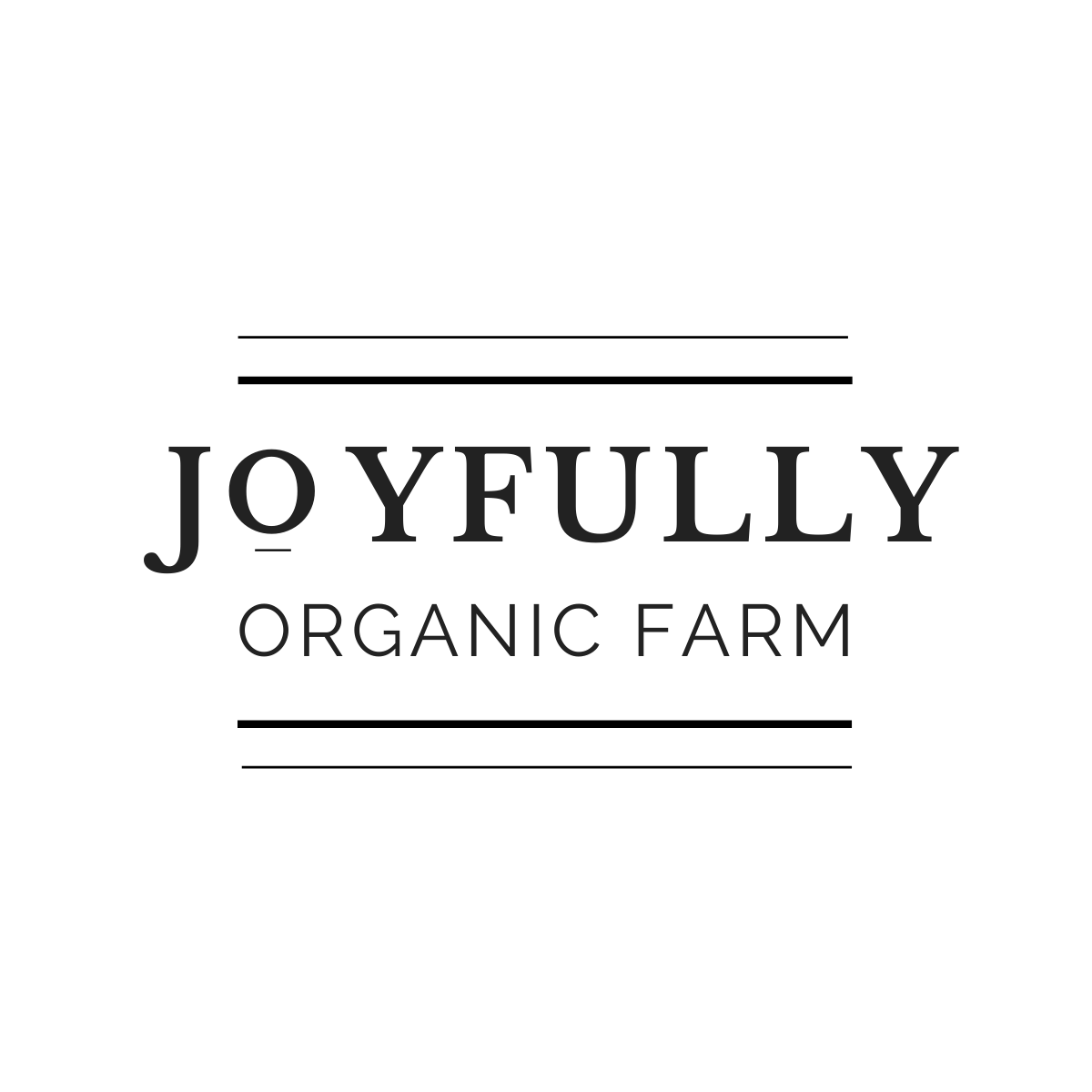Our climate-friendly farms use a range of practices to increase the organic matter in our soil, improve its structure, and foster biodiversity. These upgrades strengthen our soil’s capacity to capture and absorb water, which in turn bolsters the land’s resilience to flooding and drought.
You can picture it: it’s a lot easier to erode the riverbank of a continually plowed monoculture with weak soils than it is the bank of an organic farm’s robust ecosystem with deep, biologically rich soils, interplanted crops, and riparian buffers. It’s also harder to flood that organic field when the soil is able to absorb high volumes of water in a short period of time, effectively stopping and sinking rain and/or floodwater in its tracks.
Of course, when an organic farm is able to withstand an extreme weather event, it will also be able to continue providing food for its community in the wake of flooding, drought, or other natural disasters. And community food security is a major determinant of climate resilience.
With climate change, we know the time to invest in systems that mitigate disasters and strengthen resilience is now. The practices we use to produce Joyfully Organic Farm food are strengthening climate resilience, both across the landscape and in our communities. And it’s thanks to our customers–whose support enables these impacts in the first place. By eating with our farm, you are investing in mitigating climate change damage and strengthening community food security in times of need. That’s one of the reasons buying locally organic means buying climate smart–it means investing in a resilient future!

